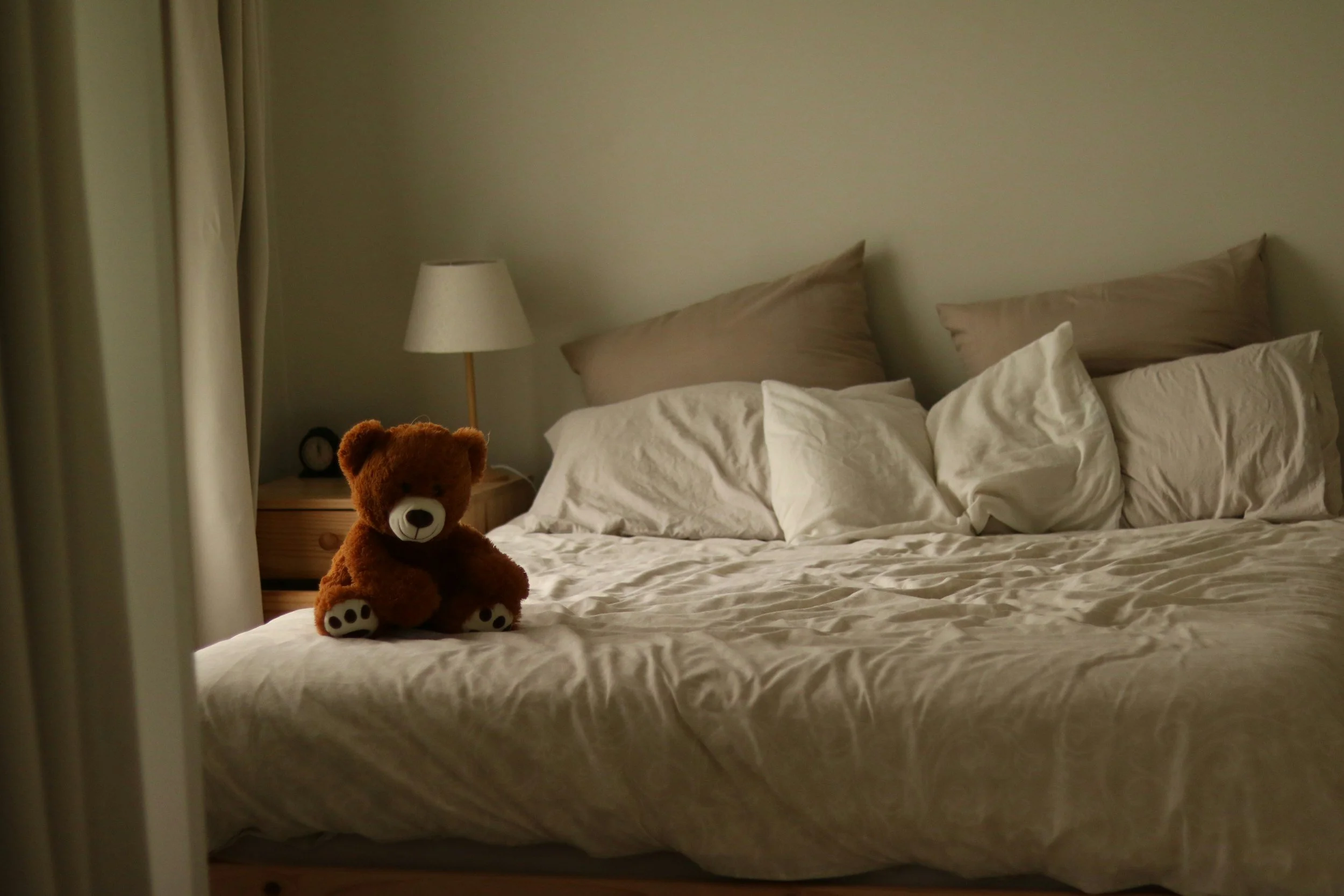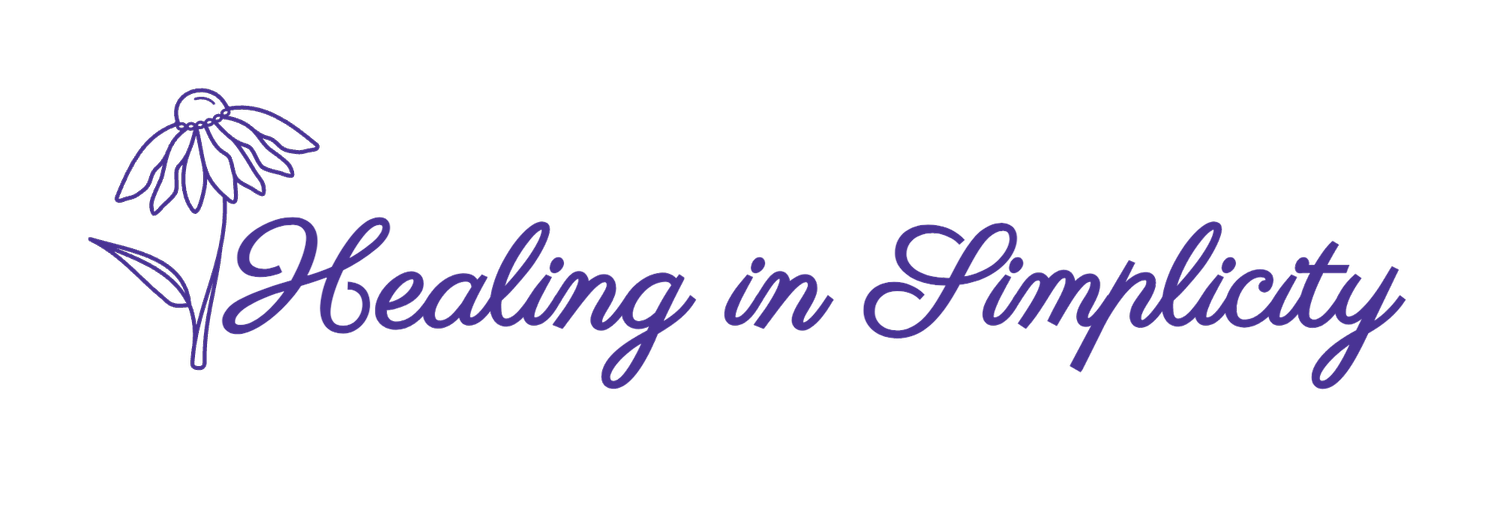
Sleeping Well?

Sleep is holistic, affecting the heart, brain, lungs, metabolism, truly all parts of the body
Robert Thomas, Professor, Harvard Medical School
“. . . sustained disruptions to the ingrained sleep needs of our bodies result in measurable brain damage, emotional dysregulation, metabolic issues, and even memory deficits.”
“The shorter you sleep, the shorter your life span.”
“Sleep is the single most effective thing we can do to reset our brain and body health each day”
“The physical and mental impairments caused by one night of bad sleep dwarf those caused by an equivalent absence of food or exercise.”

How Does Blue Light Affect Sleep?
In Nature, blue light is not present after the sun goes down. This lack of blue light causes the brain to signal the secretion of melatonin, which is the hormone responsible for decreasing metabolic activity, slowing down our brain waves, and putting us to sleep. It’s also responsible for cellular repair and is the body’s most important antioxidant, anti-aging, anti-cancer molecule.
Exposing ourselves to artificial light with high blue light output after the sun goes down is highly disruptive to our circadian rhythm, as it tricks the brain into thinking it’s daytime, causing it to halt the natural secretion of melatonin. The lack of sufficient melatonin makes it difficult to relax naturally in the evening and fall asleep. It also be diminished sleep quality, causing restlessness and repeatedly waking up in the night. What is more, the suppression of melatonin secretion impairs the body’s ability to repair itself and eradicate cancer cells (yep, we make them every day).

How Sunlight Ties In
Sunlight is the primary and preferred regulator of circadian rhythm, as it confirms to the body and all its cells what time it is in the 24-hour cycle. When sunlight enters our eyes, we become awake and full of activity — we eat, release hormones, and manufacture energy. As the sun sets and darkness falls, the absence of light signals it’s time for the body to ramp down and for cells to rest and the body to sleep, repair, and fast.
“The reason we have life on earth is because of the sun.”
Dr. Casey Means

Blue Light: A Friend and Enemy
Blue light is the specific part of natural sunlight that sets our body’s circadian rhythm and keeps us awake throughout the day. When photoreceptors in our eyes are struck by light, they trigger electrical impulses to the brain, specifically the suprachiasmatic nucleus (SCN), the master conductor of the body’s numerous functions. Like flipping the body’s “on” switch, sunlight triggers the SCN to initiate the proper biological activity in the morning.
Specifically, blue light causes the release of the hormone, cortisol, which is responsible for ramping up energy production in the body. In the morning, the amount of blue light emitted by the sun is very low, but as the day progresses, it increases, reaching its highest intensity at mid-day, around noon time. This makes sense because this is when a human being is the most active . . . or at least should be. Blue light also affects the release of neurotransmitters and assists in the regulation of metabolism - two things that have a profound effect on our overall health.
Why Does Blue Light Matter?
As we’ve seen, blue light affects our circadian rhythm, which serves a highly important function in maintaining our overall wellness. However, when created artificially, blue light can become harmful in several ways.
Modern, man-made light sources (light bulbs, fluorescent lights, computer and phone screens) isolate the blue wavelengths to stimulate the brain and body for activity by increasing hormone and neurotransmitter production. This in turn artificially keeps the body “ramped up” and can drain and exhaust the body’s reserves over time.
Isolated blue light doesn’t occur in nature because near-infrared light, which is always present in large quantities in sunlight, naturally counter-balances high-energy blue light. In the name of “energy efficiency,” modern artificial lights have completely eliminated near-infrared light, as it is viewed as “wasted energy.” Thus, modern light sources are devoid of near-infrared light, causing intense blue light to be emitted, which is highly detrimental to the health of our eyes, cells, brain, and body as whole.
During the day, chronic exposure to blue light from man-made sources (light bulbs, fluorescent lights, computer and phone screens) can cause eyestrain, headaches, and fatigue. Over time, this exposure can lead to retinal damage.
Chronic exposure to blue light, especially after sunset, has been proven to disrupt our body’s circadian rhythm. Since the circadian rhythm is a timing system that controls a variety of functions, the main effect of this phase-delay can be seen in the suppression of natural melatonin production.
Chronic disruption of the circadian rhythm and melatonin production by exposure to blue light at night can lead to long-term health consequences as the result of lack of cellular repair, in particular, increased degeneration of mitochondrial function. The majority of modern chronic illnesses are mitochondrial in origin, meaning they are due to a failure of natural energy production. Hence, it is critically important to protect our natural melatonin production by blocking blue light at night.
“Early to bed and early to rise, makes a man healthy, wealthy, and wise.”

If You Want to Sleep Well
Be out in sunlight during the day.
Don’t eat past 5:30 pm — the body wants to begin to rest when it’s getting dark, not digest!
Go to bed early — no later than 9 p.m.
Ensure you’re well hydrated.
An hour or so before going to bed turn down the lights in your home to low or dim. Avoid looking at electronics before bed.
The bedroom should be dark, quiet, and not too warm. Wear a sleep mask if there’s any lights in the room — even a small light from a smoke alarm can disrupt sleep!
Don’t take stimulants (i.e. caffeine). They cut the release of serotonin, epithalamin, arginine vasotocine, and melatonin in half!


